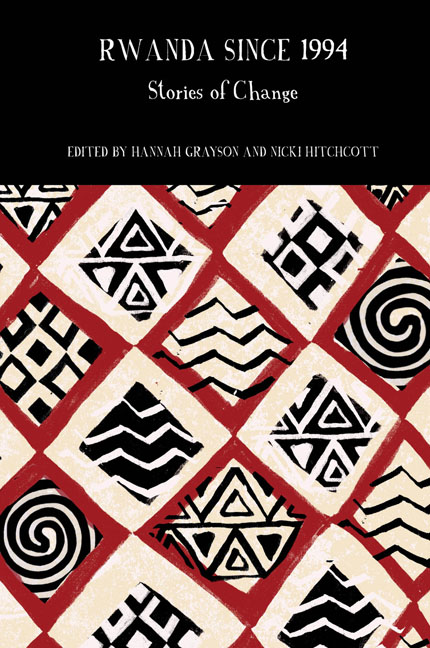‘Memory-Traces’ in the Work of Felwine Sarr and Bruce Clarke: What Stories of Change Can Commemorate the Genocide against the Tutsi?
Summary
In March 2014, Kizito Mihigo, one of the most popular Rwandan singers and well-known peace activist, released a song very critical of the wartime actions of Paul Kagame's political party, the Rwandan Patriotic Front: ‘Igisobanuro Cy’urupfu’ [The Meaning of Death]. After the song went viral (it had more than 30,000 views within two days of posting) and sparked a nationwide dialogue about the genocide, Mihigo was accused of conspiracy to assassinate the president of Rwanda and sentenced to ten years in prison. He confessed, probably after being tortured. In September 2018, he was officially pardoned by President Kagame and released from prison. American journalist Charulata Sihna wrote a piece in Afropop worldwide, wondering if ‘Mihigo [was] truly guilty of conspiracy or only of speaking (and singing) truth to power’? Indeed, Mihigo, co-writer of the Rwandan National Anthem, is a Tutsi survivor of the 1994 genocide and was invited several times to perform at commemorations of the genocide between 2004 and 2008; before being incarcerated, he was scheduled to perform for the twentieth anniversary in front of world leaders. Mihigo's song advocates peace and reconciliation, talks about the necessity of empathy for others (Tutsi and Hutu) and remembering the lives of all (without directly naming them), specifically those whose lives were ‘brutally taken’, although ‘not qualified as Genocide’ victims because they are not part of the government narrative. Mihigo became persona non grata because he alludes not only to the Tutsi victims of the genocide, but also the Hutu who were killed by RPF soldiers during the civil war and after the genocide. The song was abruptly banned from public broadcast, along with all of Mihigo's other songs. As scholar Susan Thomson puts it in Sinha’s piece, Mihigo's song goes against the simple story of the official commemoration, which is ‘Tutsi dies, Hutu kills, RPF saves and they are ultimately the heroes.’ It is clear that the role of the government's commemoration is to unify the country behind one single narrative that cannot be contested. In that context, it might be assumed that Hutu lives cannot matter, despite what Mihigo's song advocates. This example is one of many recent challenges to Paul Kagame's vision of the 1994 Genocide against the Tutsi.
- Type
- Chapter
- Information
- Rwanda Since 1994Stories of Change, pp. 21 - 40Publisher: Liverpool University PressPrint publication year: 2019

